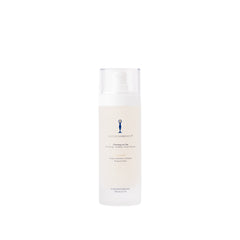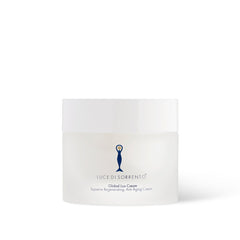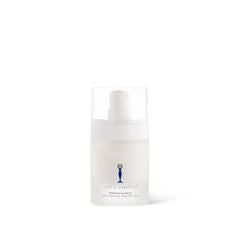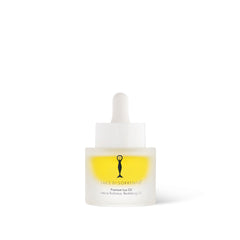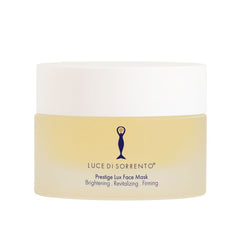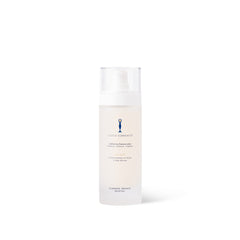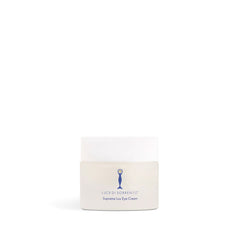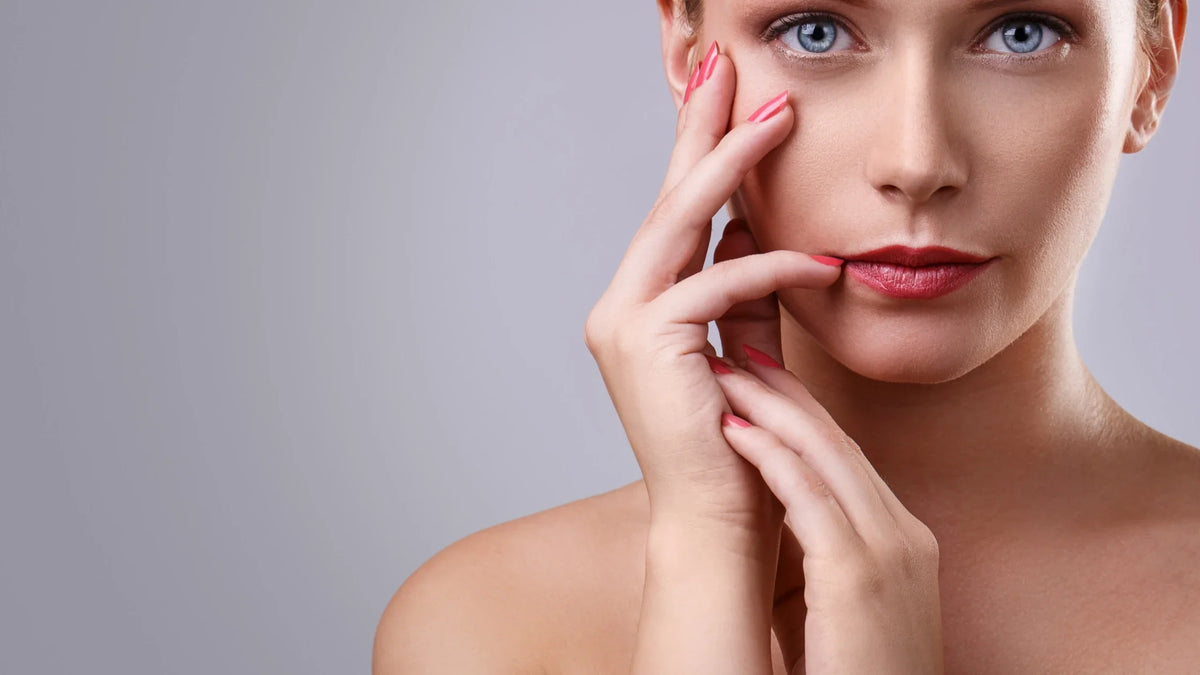

The skin is the boundary between who we are internally and the external world, a barrier that protects us, but also lets our emotions shine through. Try to think of the redness when we are embarrassed or the paleness when we fear something. The skin is closely connected to our emotions and our well-being. Precisely for this reason, in case of excessive stress and anxiety, it can send out alarm signals, triggering psychosomatic dermatitis . Find out what it is and how to identify it in this article.

What is psychosomatic dermatitis?
Psychosomatic dermatitis is also known as stress dermatitis or psychogenic dermatitis. It is a skin condition in which stress, anxiety, and other psychological factors play a significant role in triggering or aggravating the skin symptoms . In other words, it is a skin condition in which emotional and psychological factors can affect the health of the skin.
As you can read in our article on neurocosmetics , the skin and the mind are closely linked : mental well-being and emotions can influence the health of the dermis, and vice versa. Therefore, negative emotions, stress and anxiety can lead to eczema, dermatitis and premature aging.
We speak of psychosomatic dermatitis when it is not possible to identify the organic causes (bacteria, parasites or other) that determined it. Surely, however, it represents an alarm bell to indicate that our organism and our well-being are in difficulty.
Is psychosomatic dermatitis atopic dermatitis?
Psychosomatic dermatitis is often thought to be atopic dermatitis, but this is not exactly correct. In fact, atopic dermatitis can be triggered by several reasons:
▪️ Genetics
▪️ Environmental
▪️ Psychosomatic
In newborns and infants, for example, the cause is not stress or anxiety, but the fact that their immune system is not yet well formed. However, usually subjects with atopic dermatitis present an exaggerated reaction of the body's defense system to some external irritants and emotional stress.
So, it may be that the triggering factor is not stress, but this can worsen the state of atopic dermatitis leading it to become a psychosomatic dermatitis . In fact, as demonstrated by several studies, the so-called "stress hormones" (such as cortisol) have the power to further stimulate the immune response to irritation, worsening the situation of dermatitis.
Symptoms: How does psychosomatic dermatitis manifest itself?
Psychosomatic dermatitis can manifest itself with a variety of skin symptoms influenced by emotional and psychological factors. These symptoms can vary from person to person, but typically include:
▪️ Rashes : Redness or areas of inflamed skin may occur. These rashes can vary in shape and size and can appear on different parts of the body.
▪️ Intense itching : Itching can be a predominant symptom in psychosomatic dermatitis. It can be so intense that it causes significant discomfort and leads to scratching which can worsen the condition.
▪️ Dryness and flaking : The skin may become dry, flaky and appear cracked. This can cause the skin to look dull.
▪️ Formation of blisters or pustules : In some cases, psychosomatic dermatitis can lead to the formation of small blisters or pustules on the surface of the skin.
▪️ Increased skin sensitivity : Your skin may become more sensitive to touch or contact with everyday substances, such as soap or detergents, due to an increased reactivity of your immune system.
▪️ Areas of hyperpigmentation or depigmentation : In some circumstances, psychosomatic dermatitis can cause changes in pigmentation, leading topatches of skin that are darker or lighter than the surrounding skin tone.
The most common psychosomatic skin diseases
In psychosomatic medicine, skin diseases are closely linked to factors such as stress, anxiety and negative emotions. Behind a psychosomatic dermatitis or other skin disease there may be fears, discomfort, stressful events, relationship problems and much more.
All these emotions cause the body to increase the production of stress hormones which cause greater dryness and sensitivity of the skin.
The most common psychosomatic skin diseases are:
▪️ Psychosomatic Dermatitis
▪️ Atopic dermatitis
▪️ Itching
▪️ Hives
▪️ Acne
▪️ Chronic irritations
▪️ Herpes
▪️ Psoriasis
▪️ Atopic eczema
▪️ Hyperhidrosis: excessive secretion of sweat
▪️ Alopecia areata
▪️ Warts.
Scientific Evidence on the Mind-Skin Connection
Psychosomatic dermatitis has reached its peak levels during the Covid and post-Covid period. This is not only because people were not going to be checked by dermatologists for fear of finding the virus, but also because stress and anxiety worsened the situations of eczema, dermatitis and psoriasis in people.
A recent survey by the National Eczema Association revealed that more than 30% of people with atopic dermatitis have been diagnosed with depression and/or anxiety.
Another survey of 403 young women and 120 health workers in China and Japan also confirms the close connection between skin and mind. In fact, it was found that the most reported skin manifestations ( dark circles , enlarged/dilated pores, dry skin, dull skin, rough skin) were significantly higher in women with mild to extremely severe stress compared to women who reported normal levels of stress.
NCBI also confirms that the skin is both an immediate detector and a target of stress responses by highlighting key players in mediating the response from both the central nervous system and epithelial cells. This means that not only psychological stressors can contribute to psychosomatic dermatitis, but also environmental stressors, via the skin, can contribute to psychological stress, perpetuating this vicious cycle ( Harvard ).
How to treat psychosomatic dermatitis
It is important to clarify that psychosomatic is not synonymous with imaginary. In order to treat and improve psychosomatic dermatitis, it is necessary to intervene in both the psychological and physical aspects . Therefore, creams for dermatitis are usually recommended and a course with a psychologist is proposed to be able to understand the triggering causes.
There is no real cure that is valid for all people because psychosomatic skin diseases can arise due to different situations, events or moods.

Use of neurocosmetics for psychosomatic skin diseases
As we have seen, the fundamental principle of neurocosmetics is the connection between mind and skin. Neurocosmetics can improve the appearance of the skin and have a positive impact on the emotional state of the person thanks to the presence of certain active ingredients, contributing to greater self-confidence and better psychological well-being.
In fact, Luce di Sorrento cosmetics are particularly indicated also in case of psychosomatic dermatitis. In fact, they are formulated according to pharmaceutical principles for dry and sensitive skin also in case of eczema, dermatitis and erythema. The selected natural ingredients such as our Sorrento Extra Virgin Olive Oil , the 5 hyaluronic acids, Vitamin E and Vitamin C allow to naturally restore the hydrolipidic film and the brightness of the skin.
Furthermore, Sorrento Lemon essential oil works in synergy with these ingredients, instilling a sense of well-being and calm, fighting stress and anxiety , the main causes of the worsening of psychosomatic skin diseases.
These characteristics make our neurocosmetics ideal also for women who are undergoing treatment for oncological problems. In fact, they will be able to find a double ally in our products being able to take care of their more sensitive skin due to the treatments and help them to face this delicate period by improving the state of stress and anxiety.
If you need advice on our products for your skin care, you can contact us and we will be available to suggest the best sensorial beauty routine for your needs. We are waiting for you in our e-commerce to discover all our neurocosmetics !

